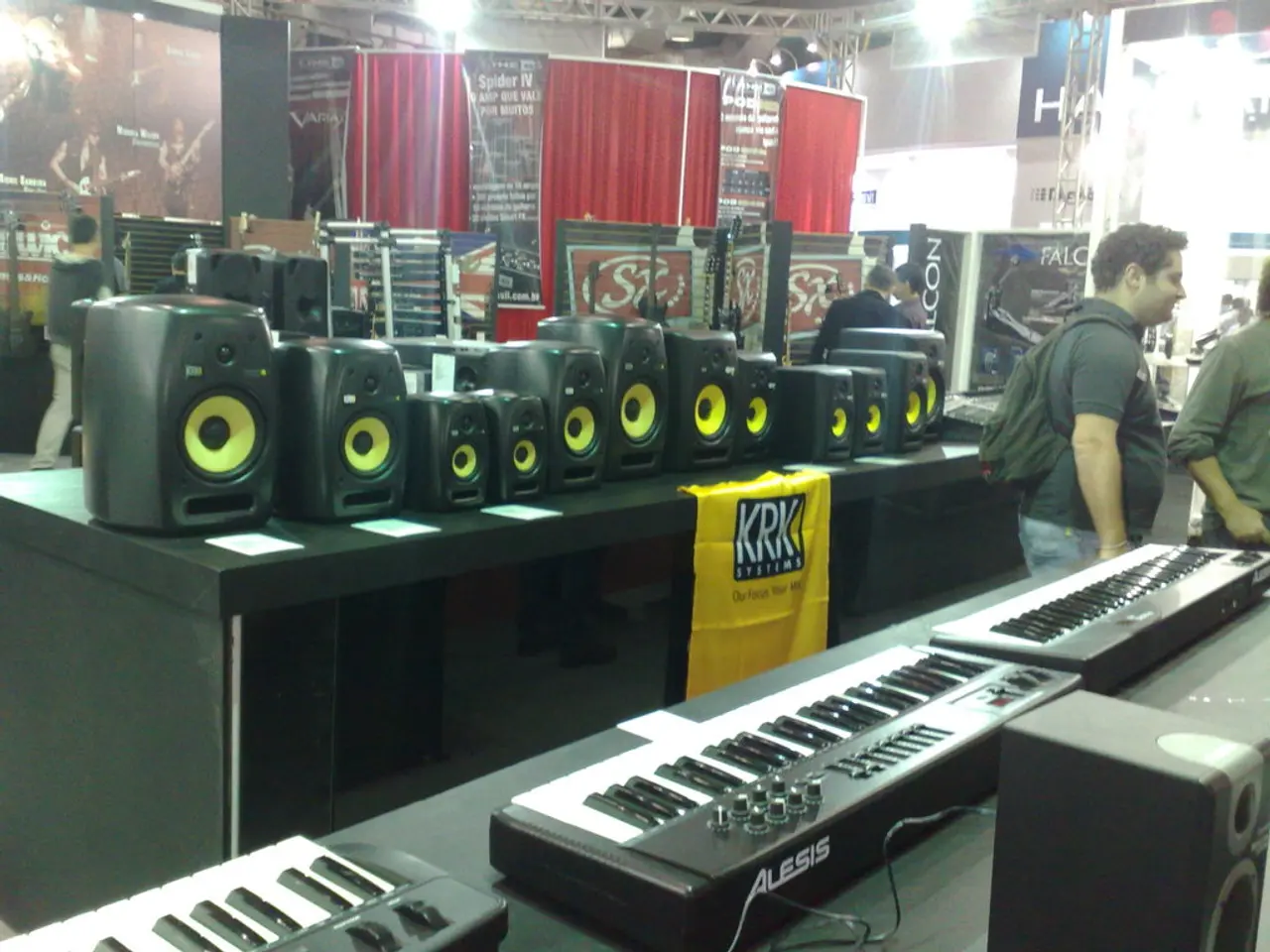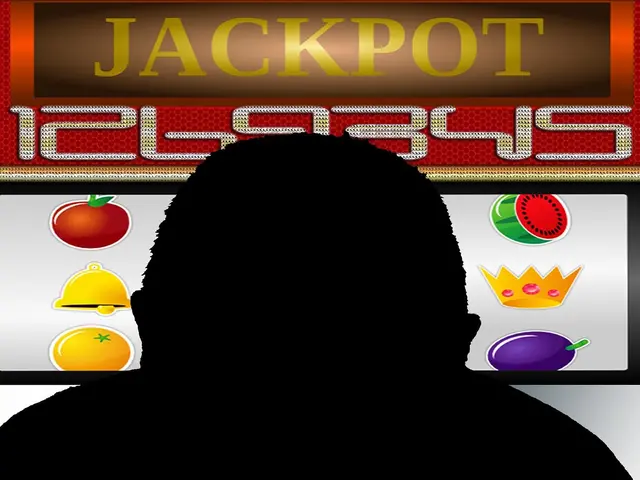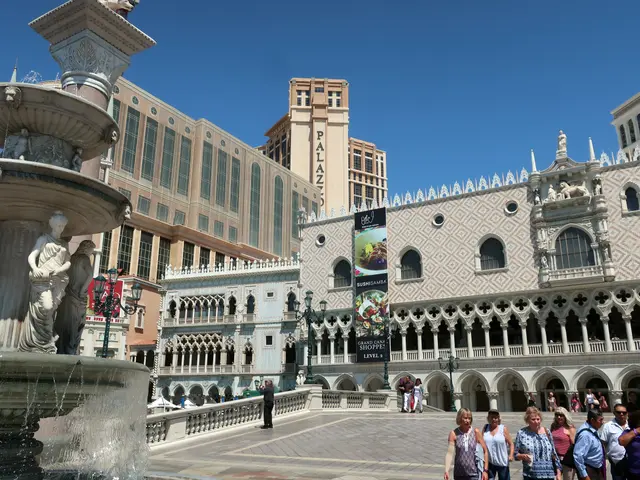Increase in Unemployment Rates and Higher Hotel Prices Signify Ongoing Economic Struggles in Las Vegas
Decline in Las Vegas Tourism: Economic and Geopolitical Factors at Play
Las Vegas, the famous gambling hub, has seen a significant drop in tourism this year. According to Oliver Lovat, CEO of the Denstone Group, this decline is directly linked to weaker consumer confidence and a decrease in discretionary income.
In the first half of 2025, overall visitation to Las Vegas fell by 11%, with approximately 1.5 million fewer visitors compared to the previous year. This decline is reflected in the city's hotel occupancy, which dropped 6.5 percentage points to around 78.7%.
The success of Las Vegas, as Lovat states, is heavily dependent on consumer confidence. With budget-conscious travelers opting for shorter trips and reduced spending, the city's tourism industry has been impacted.
Another factor contributing to the decline is the convention rotation, which brought fewer large events and less demand for midweek hotel stays. Additionally, extreme heat with multiple days exceeding 111°F has discouraged casual visitors during the summer of 2025.
International travel has also slowed, with some markets experiencing declines between 10% and 63%. This is partly due to the strong U.S. dollar, stricter visa policies, tariffs, and geopolitical issues. Visa bottlenecks, political divisions, and heightened competition from other destinations offering better value and easier entry have further impacted international travel to Las Vegas.
These factors have led to notable drops in visitor numbers, hotel occupancy, gaming revenue, and negatively impacted the city’s job market in hospitality and service sectors. The airport passenger volume at Harry Reid International Airport dipped 6.3%, reflecting fewer inbound travelers overall.
The average daily rate (ADR) decreased by 6.6% to $164, with revenue per available room (RevPAR) falling between 13.8% overall and as much as 28.7% on busy holiday weekends due to discounted pricing aimed at boosting occupancy. Gaming revenue has also declined and failed to grow for the first five months of 2025, signaling weakened economic activity in a core industry for Las Vegas.
The job market impacts include layoffs in hotel and casino sectors due to reduced visitor spending and tipping, affecting service industry workers. The tourism industry's decline has also indirectly pressured related sectors such as housing and real estate, as fewer visitors reduce demands on accommodations and local services.
Despite the decline, Lovat emphasized that it is still strong historically. However, experts attribute the decline to growing inflation, the rising cost of living, and President Donald Trump's aggressive tariff policy. This makes Las Vegas' jobless rate the third-highest among metro areas with at least 1 million population.
One notable incident that drew attention was a guest at the Paris Las Vegas being charged $50 to charge a laptop. This incident highlights the growing concern over rising room rates in Las Vegas hotels.
In conclusion, the decline in Las Vegas tourism in 2025 is caused by a blend of economic, environmental, and geopolitical factors, leading to a measurable downturn in visitor numbers, hotel occupancy, room revenue, gaming income, and employment in hospitality sectors.
- The decline in Las Vegas tourism in 2025, as identified by Oliver Lovat, is connected to a drop in consumer confidence and a decrease in discretionary income, which affects lifestyle choices related to travel and casino-culture.
- The drop in international travel to Las Vegas is partly due to factors such as a strong U.S. dollar, stricter visa policies, tariffs, and geopolitical issues, making it challenging for the casino-and-gambling sector to maintain its usual influx of customers, especially from overseas.
- The decline in Las Vegas tourism in 2025 has led to a notable drop in various sectors intertwined with the tourism industry, including housing and real estate, as reduced visitor numbers lead to less demand for accommodations and local services, directly impacting the city's job market and economy.






